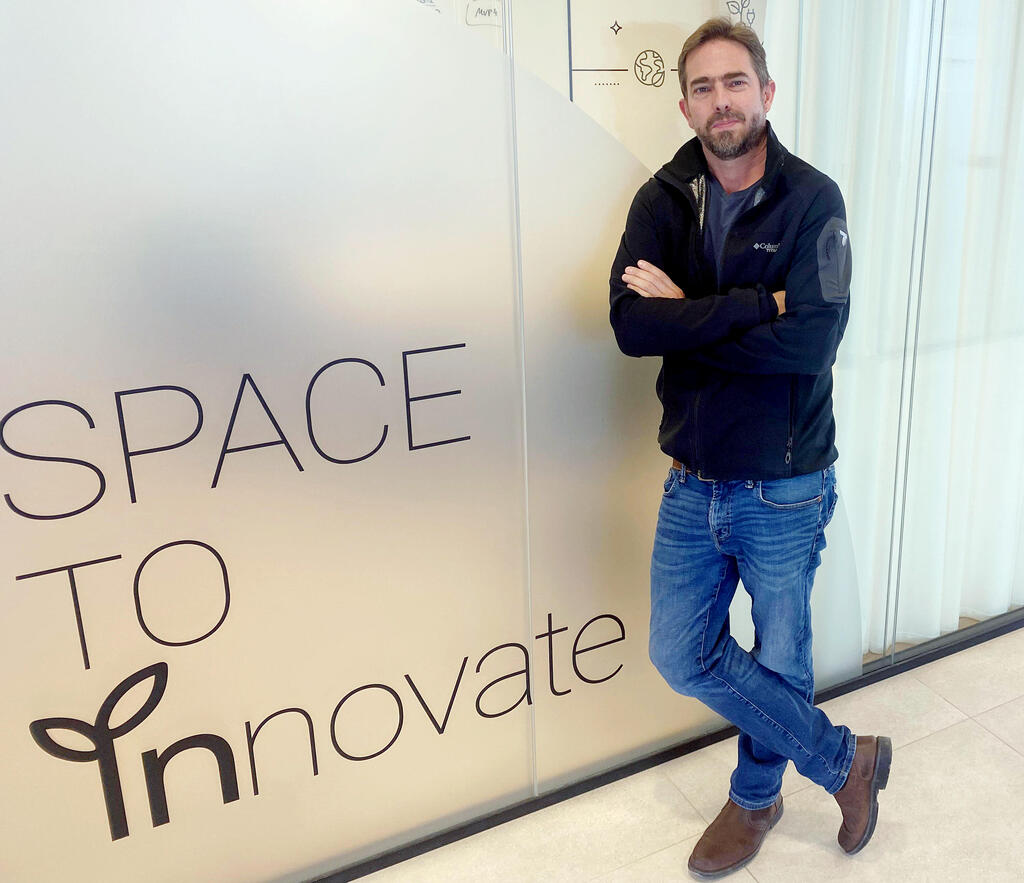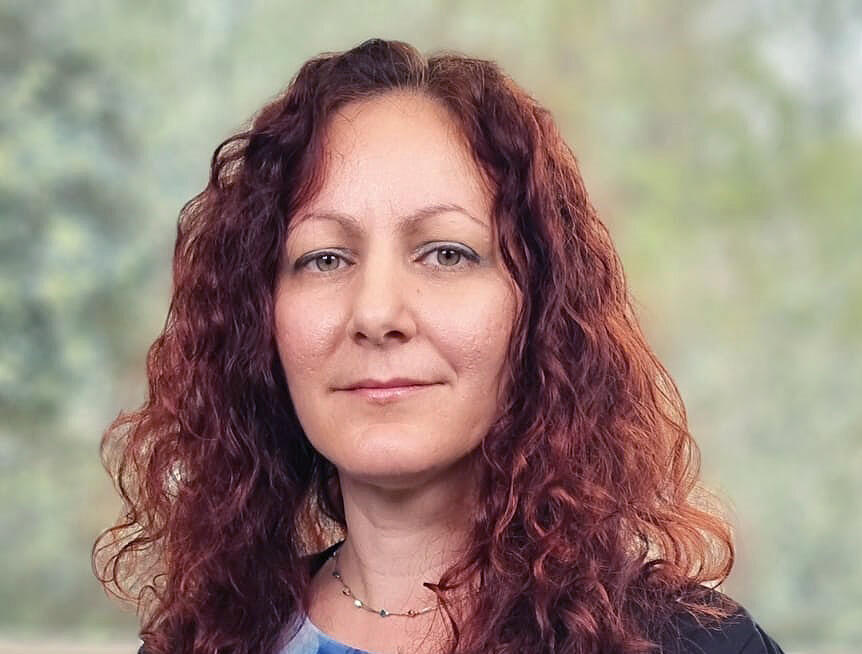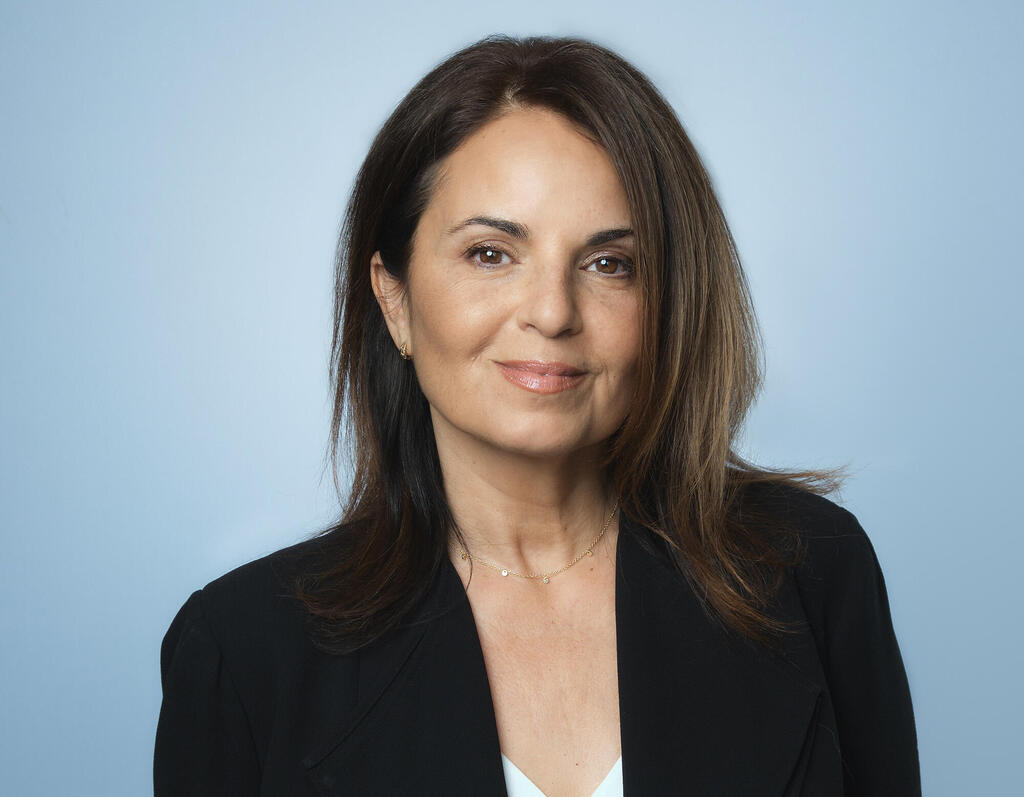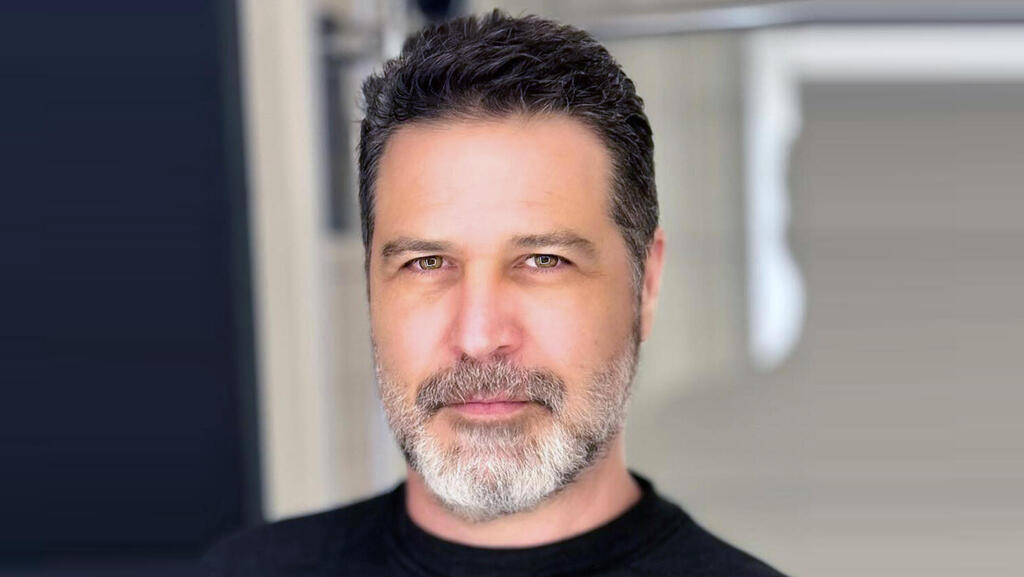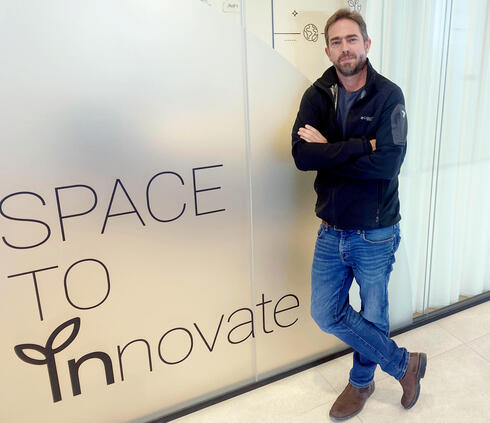
The audacious Israeli entrepreneurs founding startups during the war
The war and its impact, including being displaced from their homes in the South on October 7th, or having a spouse serving in reserves, have not been enough to halt Israeli entrepreneurs from starting their ventures. For some, it's even motivation.
Gal Admati was evacuated from his home at Kibbutz Dorot in the Western Negev on October 7th to a hotel in Jerusalem. Nine days later, he established a food tech company called Qortein from his hotel room, during the early days of the war when everything was still shrouded in the fog of battle and uncertainty. "I was evacuated with my family to Jerusalem until the end of December, and it was very tough to establish the company amidst all of that. But there was no hesitation for me about whether to start the company. For me, we just have to keep going, founding, advancing, working with the Innovation Authority," he says.
He founded a second company in December (also from his hotel room), an AgriTech startup called HarvestR, which has developed technology for treating crops, fruit and vegetables externally with non-GMO, RNAi inducing mechanisms. "There were all sorts of rumors even before the war that there would be cuts of hundreds of millions of shekels and there were concerns that the [Israel Innovation] Authority would cut back on plans due to the war. In reality, that didn't happen."
Admati was born in London to a British mother and an Israeli father from Kibbutz Be'eri. He grew at Be'eri from 11-years-old and then moved with his family to Kibbutz Dorot in 2010. He has extensive experience in R&D management in the tech sector and in the past year served as Head of Venture Creation at the InNegev tech incubator near Be'er Sheva, from which the two startups he founded during the war also emerged.
Although funding for establishing the startup was obtained from the Innovation Authority and the incubator, hiring employees was challenging. "I think that there is a lot of uncertainty, and people don't like to make changes during a time of crisis and pressure. There was a fear that there simply wouldn't be suitable candidates for the role because everyone would prefer to hold onto their current jobs, but there were indeed a few candidates, and we are very pleased that we managed to recruit someone who decided to take a risk and leave his previous role to join us," he says.
EndoCure, which has developed an AI-based robotic ultrasound system for the diagnosis and management of endometriosis, was founded in November by CEO Dr. Hadas Ziso and Prof. Moshe Shoham. At the same time, Dr. Ziso’s husband was called up to reserve duty, as was one of the company’s few employees. "With a doctor from the team being called up for reserves and deals with investors delayed, I decided that because of these circumstances that there was no other path but to continue forward and to bring something good into the world. I found myself alone with the kids, which was challenging both psychologically and logistically, but I decided that with or without money, with everything that is happening right now, I am starting the company," she says.
The company recently received a grant from the Innovation Authority's startup fund that will allow it to work on developing its robotic system in the coming year. "Raising funds is always challenging, but perhaps the fact that we are a young company with passion is to our advantage, as opposed to older companies that have run into a crisis and it's not clear if they’ll succeed in overcoming it," she says.
The company already began to operate in January of 2023 with employees working without salaries, and in November of 2023 it was officially established as a company and began hiring employees. "It was difficult to hire employees. Some had cold feet at the last moment because they wanted to stay with their companies, but we managed to find good people along the way, and we hired two employees who were really committed."
In recent years, there has been a steady decline in the number of startups being founded in Israel, with only about 600 new companies established in 2022, compared to 1,400 startups in 2014, according to the Innovation Authority. At the end of April 2023, even before the outbreak of the war, the Innovation Authority published a report expressing concern about the decline in the number of new startups being founded in Israel.
Although fewer companies are being established, the entrepreneurs who choose to do so in such times tend to be more mature and experienced in their fields, says Shuly Galili, a Founding Partner at the UpWest VC fund. "When I talk to entrepreneurs embarking on this challenging journey, it's amazing because they're doing it because they want to, not because there's a lot of money in the market. Therefore, the quality of entrepreneurs we see is different. The entrepreneurs [founding companies right now] are more mature; for some this isn’t their first venture, many are already very experienced in the field they're entering and are much more confident."
However, these bold entrepreneurs will find it difficult to raise funds perhaps more than ever. Galili, who was the Executive Director of the California Israel Chamber of Commerce for 12 years, is concerned about the uncertainty surrounding the war. "Investors who have invested in Israel will continue to invest in Israel. It's important to them, and the determination, knowledge, and ability to take risks with Israeli entrepreneurs have not disappeared. However, it will be very difficult to persuade new investors who have never invested in companies located in Israel to do so."
Nevertheless, in the long run, she is optimistic. "A lot depends on how we continue to build the economy. If we decide that one of the most important things is to preserve the Israeli high-tech industry - and there are many people today looking at Israel and wanting to understand how we emerge from this period - then there's an expectation that we will emerge stronger from this. I think we don't have the privilege of not meeting this expectation, both in terms of continuing to compete and also to maintain the international companies that are already in Israel today."
Regarding hiring for startups established at this time, Galili identifies two trends. The first is that today, unlike in the past, there is the possibility of hiring from anywhere in the world. The challenge is managing a company whose employees are scattered across the globe. The second trend is that there is greater reluctance to recruit senior individuals. "I see a desire to reach technological and market feasibility before recruiting very senior employees. It also stems from uncertainty about when the money will come and if they will succeed in raising it," she says.
Galili adds that Seed investments today range from $1-3 million, which companies raise to prove both technological and market feasibility. Companies established today and successfully raising funds need to meet higher standards of viability than in the past.
"We are seeing that American VC funds find it very difficult to invest in dreams. If the company hasn't got sales of at least $1 million, there's nothing to talk about. That's what they want to see, not promises - everyone suffered from the inflated valuations of 2021. So that's what funds want to see, and in the healthcare sector it's very difficult because it takes several good years to get there," says Talor Sax, CEO and Managing Partner at eHealth Ventures.
On the decision to establish a startup at this time, Sax says it's never a good time to start a startup, which is in-of-itself an "irrational" decision. "It's better to work at Google than to establish a startup, and I think now the chances of finding investors are smaller, so it's not a good time."
The downward trend of new startups being established and the rising number closing due to the war and the economic situation only emphasizes the courage required by entrepreneurs at this time. Nevertheless, Sax predicts an increase in the number of startups being established this year. "There will be a shrinking in the tech sector; some companies will close, and I expect there will be cuts even at tech giants, so there will be more people looking for work. They’ll establish startups because when they had regular jobs they simply dreamt of establishing their own company, but when they no longer have that job they’ll try to fulfill that dream."
In his view, especially at the very early stage of establishing a company, incubators provide a great solution. And, if the entrepreneur is very talented, they can also raise money from angel investors. "Those who start now raise at lower valuations. You can turn to incubators, but that's expensive money. If you go to an incubator, then your valuation will be low, whereas angel investors are less sensitive to the market. The market situation mainly affects companies in Seed stages which have already been running for two years and are forced to deal with a lower valuation," he says.
However, Sax notes that the bright spot in today's bleak market is the entrepreneurs themselves. "I see an increase in the quality of the people turning to entrepreneurship, and I hope it will be a trend, and that we will start to see more startups," he says.









